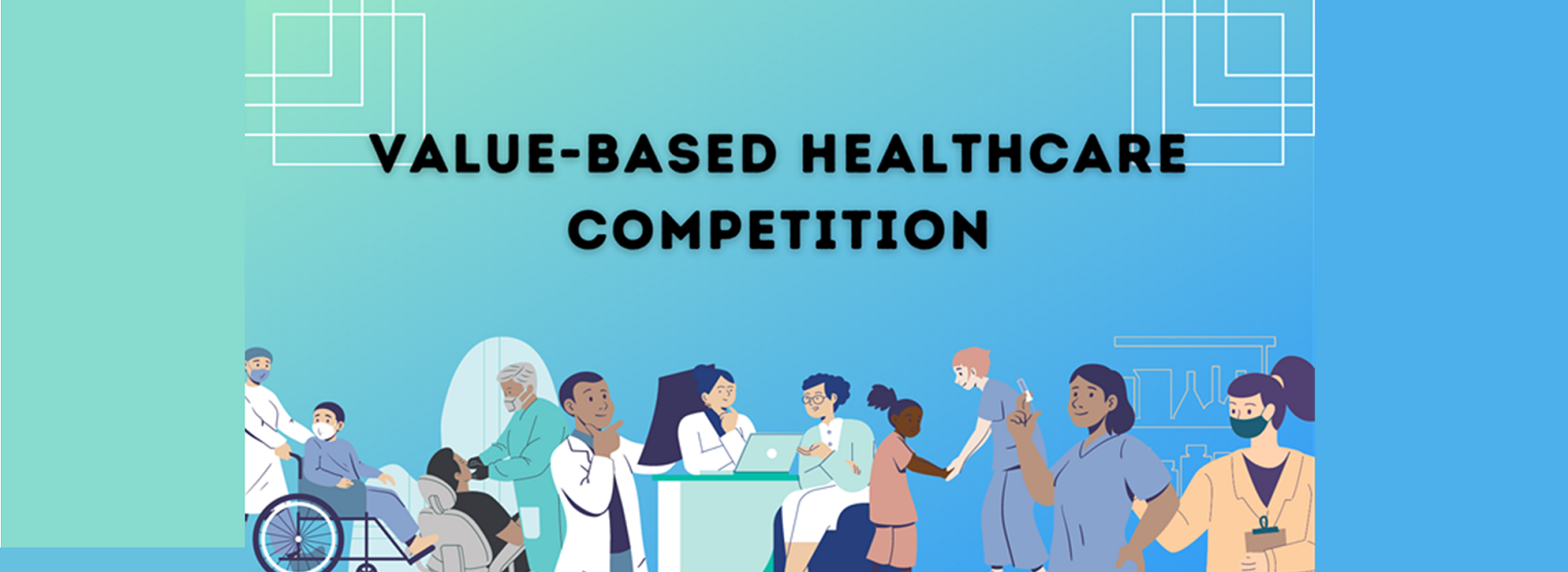
- Augusta University
- Colleges & Schools
- Medical College of Georgia
- Office of Student Affairs
- Value-Based Healthcare Competition
- Value-Based Care Competition FAQ
Value-Based Care Competition FAQ
Frequently Asked Questions:
circle-arrow-right icon What does the time commitment look like?
-
- Local MCG Competition: The time commitment is variable. Over the course of a month and a half, our group had weekly team meetings as well as meetings during the week with experts in the community. Our weekly meetings were on Sunday afternoons for 1-2 hours. The meetings with community members ranged from 0-2 meetings per week.
- National Competition: The time commitment is variable, just like it was in the local competition, but it is a bigger time commitment. Some weeks you may not have any meetings, while other weeks you may have 2-3 meetings. Since the national competition is focused on implementation that means you will have to spend time improving processes in the healthcare system.
circle-arrow-right icon How often should we meet with our competition mentor?
-
- Local MCG Competition: You are only required to meet with your mentor once throughout the duration of the competition, but we recommend meeting with them more than that. We have hand selected mentors from the AU community who have valuable input to offer your group. If there are times where your questions fall outside of the range of your mentor's expertise, they should be able to connect you with other experts in the field that can aid you in the competition.
- National Competition: Meet with your mentor on an as needed basis.
circle-arrow-right icon What are the requirements to join?
-
- There is no requirement to join! We encourage students from all professional health
programs to join. Teams of 2-5 people will be paired with a mentor at Augusta University
who will help guide you through the process.
- For AU students, please sign up here
- If you are from a different university, but are interested in joining and organizing a local competition at your school, please contact: vbcomcg@augusta.edu
- National Competition: Winners from their school will move forward to the national competition. If the first-place team does not wish to participate in the national competition, the second-place team will be given the opportunity to. If the second-place team declines the opportunity to participate as well, the third-place team will be given the opportunity to participate.
- There is no requirement to join! We encourage students from all professional health
programs to join. Teams of 2-5 people will be paired with a mentor at Augusta University
who will help guide you through the process.
circle-arrow-right icon I am not sure how to get started. How do we go about coming up with a solution?
-
- We will provide a care package with tools to help you brainstorm with your teammates. Incorporate the Lean Six Sigma framework into your problem solving/solution finding process. Receive advice and insight from professionals in your area. This will give you a strong competitive edge and help you get the most out of this experience.
circle-arrow-right icon How does networking fit in with this project?
-
- Over the course of this competition, it will benefit you to seek advice from and set up meetings with faculty, physicians, and other professionals in your area. These meetings will give you the opportunity to meet and get to know a variety of experts in the healthcare field and make connections early on in your professional health career.
circle-arrow-right icon What research opportunities can come out of this experience?
-
- For projects that receive 1st, 2nd, or 3rd place, students will be featured on MCG’s website, and this can count as a non-peer reviewed publication for ERAS purposes. For the team that moves onto the national portion of the competition, there will be an opportunity to collect data since you will be implementing the solution you came up with.
question-square icon Questions or Concerns? | Email: vbcomcg@augusta.edu